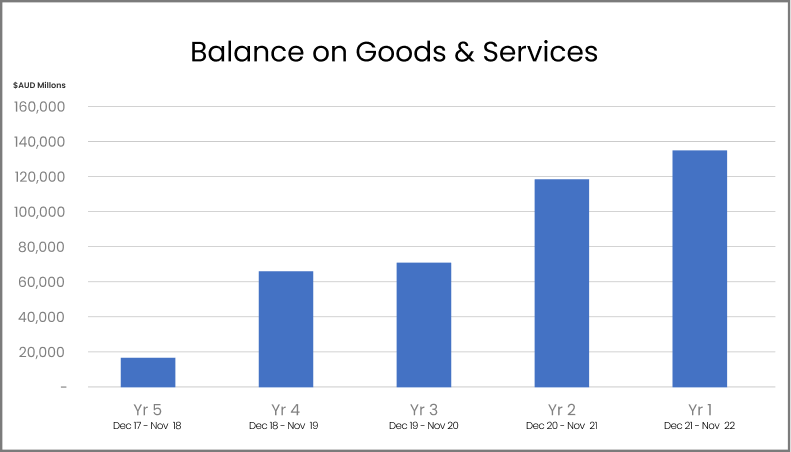Owning an investment property can have many benefits – and as a property owner, you need to know your rights and obligations. Tax time can be stressful for many, but for property investment owners it’s easy to make mistakes when it comes to claiming tax deductions. If you’re unsure of how to proceed with your tax return, check out our property investor tax resource to see how we can help.
You can claim deductions for certain expenses you incur while your property is rented or is genuinely available to rent. Knowing which expenses you can and cannot claim is essential to running your investment efficiently.
Types of rental expenses
The three main types of rental expenses fall under the following umbrellas:
1. Expenses you can’t claim
- Rental expenses you can’t claim for deductions include:
- Tenant expenses (utilities etc.)
- Expenses that incur while your property was not genuinely available for rent
- Non-related expenses, including:
- Expenses you incur while using the property personally
- Maintenance costs for a non-income (collateral) property
- Expenditures relating to holding vacant land
- Cost of second-hand depreciating assets
- Travel expenses to inspect or maintain a property
- Fees used to relocate assets between properties
- Acquisition/disposal costs
- Rental seminars that focus on helping you find an investment property
2. Expenses that are deductible over several years
Three types of expenses that may incur for your rental property that can be claimed over several income years, including:
- Borrowing expenses
- Amounts for decline in value of depreciating assets
- Capital works deductions
3. Expenses you can immediately claim
Expenses that you may be entitled to for an immediate deduction include:
- Advertising for tenants
- Bank charges
- Body corporate fees
- Cleaning
- Local council rates and land tax
- Electricity, gas and water
- Annual power guarantee fees
- Gardening and lawn mowing
- In-house audio and video service charges
- Insurance (including building, content, loss of rent etc.)
- Interest on loans
- Lease document expenses (including preparation, registration and stamp duty)
- Legal expenses (excluding acquisition/borrowing costs)
- Mortgage discharge expenses
- Pest control
- Property agent’s fees/commissions (prior to renting)
- Quantity surveyor’s fees
- Relocation of tenants into temporary accommodations
- Repairs and maintenance
- Cost of a defective building works report in connection to repairs and maintenance conducted
- Secretarial and bookkeeping fees
- Security patrol fees
- Servicing costs (e.g. water heaters)
- Stationary and postage
- Telephone calls and rental
- Tax-related expenses
Note that you can only claim a deduction for these expenses if they were incurred in the current financial year and were not paid by the tenant.
Other immediate deductibles:
Expenses prior to the property being genuinely available to rent – you can claim expenses such as interest on loans, local council and land tax, water/sewerage rates, and emergency service levies that incur during renovations on a property you intend to rent out. However, if the intent to rent the property changes, you can no longer claim these deductions from that time onward.
Apportionment of rental expenses – you will need to apportion your expenses if any of the following apply to you:
- Your property is only genuinely available for rent for part of the year
- Your property is used for private purposes for part of the year
- Only part of your property is used to earn rent
- You rent your property at non-commercial rates
- Your investment loan is partially used for private purposes.
Now that you’re equipped with the knowledge of what expenses you can and cannot claim for deductions, you’re ready to start getting more in-depth with how to report your investment property for tax purposes.
If you’re looking for more investment property information – check out the other parts of our ‘Tax Tips for Property Investors’ series or get in contact with us here for a personalised tax assessment or property portfolio review.






